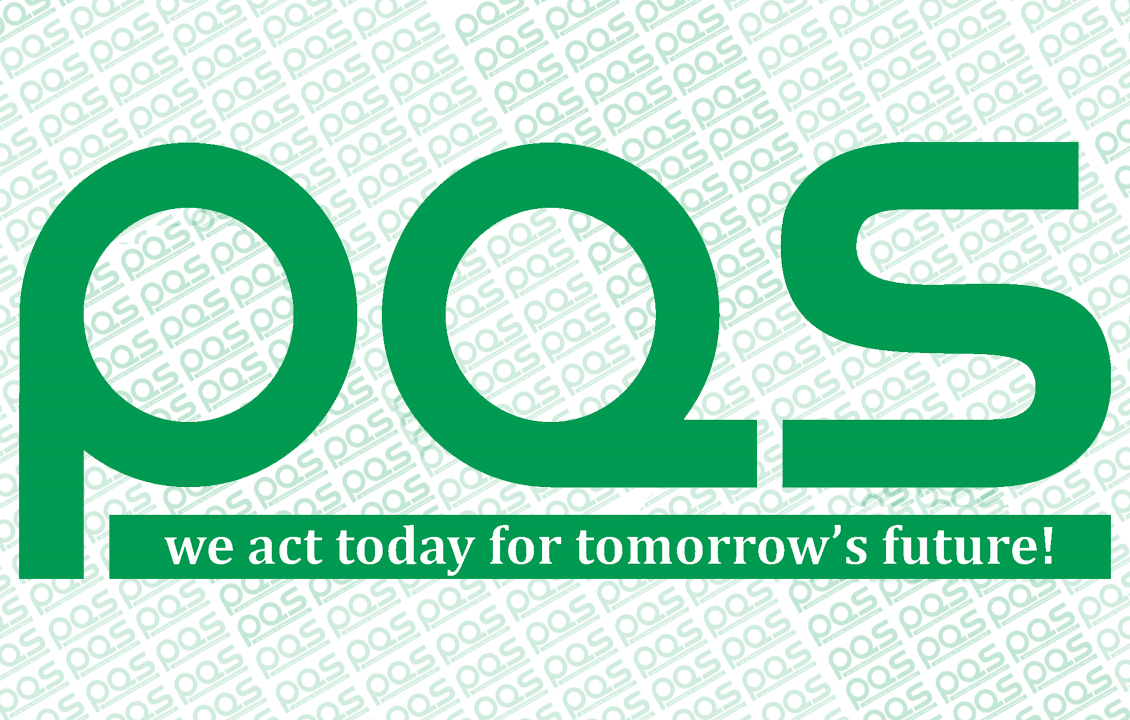
Hereby the Center for Health Policies and Studies (the PAS Center) presents a position paper regarding the decision-making process as part of development of HIV program continuation request to the Global Fund for the years 2018-2020.
We qualify the decision to reject dual-track financing with two principal recipients, of which one is from civil society, taken during the extraordinary meeting of the National Coordination Council (NCC) TB/AIDS form June 29th 2017 as a political decision, not based on technical grounds, inconsistent with previously expressed commitments, adopted with procedural irregularities and not meeting the necessary number of votes, therefore invalid (details in letter no. 1 from 4.07.2017 to NCC/TB/AIDS). The new modus operandi of the NCC TB/AIDS is improper to this multisectorial decision-making body.
On January 26th 2017, the NCC TB/AIDS has reconfirmed through unanimous vote its intention to apply using program continuation option and has reconfirmed the current implementation arrangements, and on March 20th, 2017, it has submitted the program continuation funding request to the Global Fund. The Technical Review Panel has confirmed that the country should continue its program along the same directions and with the same arrangements and the country proceeded to grant-making on 09 May 2017, a process in which all actors have taken part.
Throughout the grant-making phase, the PAS Center team has been subject to many occasions of pressure from the Coordination Unit of the National HIV Program (CUNPHIV) (compared to grant making phase and discussions lead by the National TB Program Unit): bullying, attempt to exclude the sub-recipient Soros Foundation from taking part in grant-making technical working group, imposing the processes, ignoring the position on some civil society organization (CSO) actors and favoring the position of one CSO , lack of transparency in communication, in circulation of grant making detailed documentation, lack of transparency in principles of decision-making for activities and budget details from CUNPHIV team, all these together being a premiere in the history of the Global Fund HIV grants since 2003.
The logic consistently promoted by the PAS Center team during program continuation request writing and grant-making was that this is a continuation of existing grant, with gradual take-over of interventions by state structures, namely HIV prevention interventions by contracting from the National Health Insurance Company, those of psycho-social support by the Regional Centers of Social Support under the Ministry of Labor, Social Protection and Family, and increasing contribution of the Government in covering the needs of ART, especially in circumstances when the Ministry of Health has already started contracting out the UNDP for international procurement of ART for its national contribution. The approach proposed by the PAS Center for workplan and budget development was to start from national targets for essential services (prevention and treatment), to establish the contribution of the State in covering these targets, establish the non-covered gap and then establish the targets for the Global Fund contribution. In parallel, the PAS Center has proposed to discuss the workplan and budget simultaneously with the transition plan and with development of transfer of management responsibilities to state structures. None of these principles were accepted as basis for planning. Despite this, the PAS Center team together with Sub-recipient and Sub-subrecipients and National Networks have worked relentlessly to develop the continuation of interventions that are currently implemented.
A significant reduction to a standardized cost of EUR 25 per covered person with services was imposed by the CUNPHIV, although it did not have any costing exercise behind and was not informed by previous costing exercises done as part of harm reduction program and recommendations from Optima HIV report. Of note is that the information that the PAS Center did not wish to reduce its administrative budget is false: the PAS Center has entered into discussions, by reducing from the outset its administrative cost by 41%, this in the context of significant increase of targets (an increase of size estimate by 22% for people who inject drugs, by 77% sex workers, and by 26% men who have sex with men).
Regretfully, the plan of gradual transfer of management responsibilities was not discussed in the working group and has been presented as two slides during the CNC meeting from 29 June 2017, then submitted of the grant documentation package on July 7, 2017 and is based exclusively on the visions of CUNPHIV, without taking into account all the discussions of takeover and transitions during the years starting with 2014, as part of national and EHRN regional grants. The grant-making has culminated with exclusion of PAS Center during the meeting on June 29th as principal recipient, withdrawal of the Soros Foundation as a sub-recipient, and finalization of the work plan and budget and the rest of grant documents with UCIMP as Principal Recipient and the NGO Positive Initiative as sub-recipient sent on July 7, without country dialogue, as recommended by the Global Fund, and despite the letter of six CSO member of NCC TB/AIDS raising concerns of legitimacy of the decision taken.
We would like to express the following concerns regarding the format proposed by CUNPHIV and UCIMP:
At the same time, we consider the argument released as putting at risk service disruption through delay of submission of grant documents as unfounded, as the higher risk of service disruption is determined by abrupt change in implementation arrangements based on political grounds, not technical ones.
The PAS Center remains open to continue a constructive dialogue to the benefit of the ultimate beneficiaries of the Republic of Moldova and request to reenter in a country dialogue, based on approved procedures and acceptance of civil society actors as equal partners, with discussion of all options in the working group for inclusive and transparent development and discussion of available options to be put forward to vote to NCC. At the same time, the PAS Center reserves the right to pursue legal action in the case derailment of the process and to notify all international agencies and bodies regarding the registered irregularities and our position.